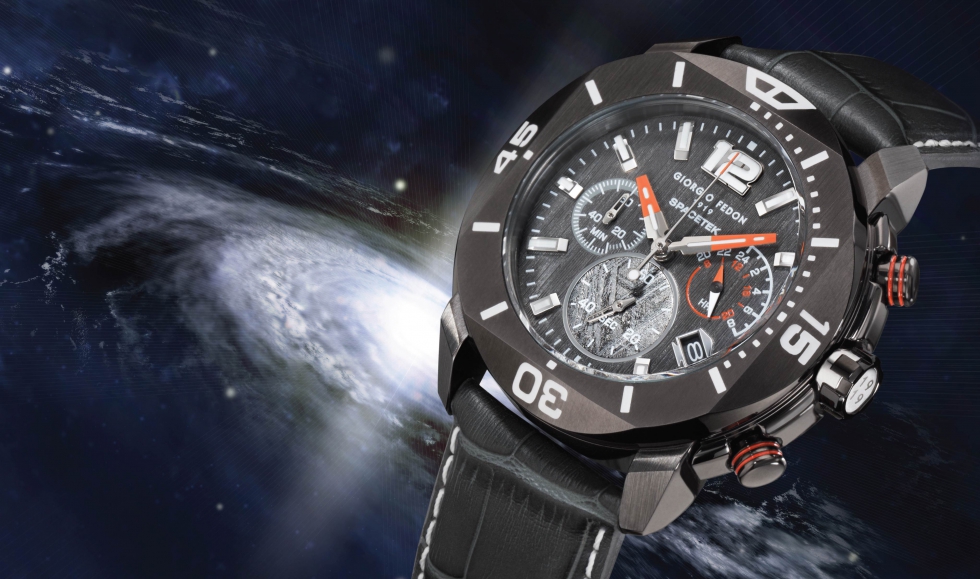Scientists suggest using cosmic rays to synchronize clocks around the world. Each cosmic particle generates a rain of muons flying in all directions in the atmosphere, preserving the individual characteristics of the collision.

Scientists propose to keep the clock on space
Hiroyuki Tanaka, a professor at the University of Tokyo, suggests using cosmic rays to synchronize clocks all over the planet. When these high-energy charged particles enter the Earth’s atmosphere, they collide with air atoms and knock out muons from them. This usually happens at an altitude of 15 kilometers.
These muons meet with other atoms and knock similar particles out of them. A kind of rain is formed, spreading over a large area. At the same time, the characteristics of the particles carry a unique imprint of the event that gave rise to them, even if they reached the surface thousands of kilometers from each other and from the meeting point of the ray with the atmosphere.
According to Tanaka, it is this mechanism that will help to keep clocks all over the planet in the future. In this way, it is possible to synchronize accurate devices for measuring time. And the high permeability of muons means that this can be done not only inside buildings, but also deep underground.
How to keep the time and not be afraid of hacker attacks
Those who are engaged in measuring time have two main tasks. The first is the accuracy of its measurement for a long time. Conventional mechanical or electronic watches give a large deviation even during the year. However, atomic devices do an excellent job with this task.
The second task is to synchronize clocks around the globe so that the time on them corresponds to the time zone. Now it is put on satellites, for example on GPS. However, as Russia’s recent actions have shown, they may well be broken by detractors. The scheme proposed by Tanaka, although it looks a little incomprehensible, in general it can really protect time from all sorts of adversities.
According to www.universetoday.com
Follow us on Twitter to get the most interesting space news in time
https://twitter.com/ust_magazine
